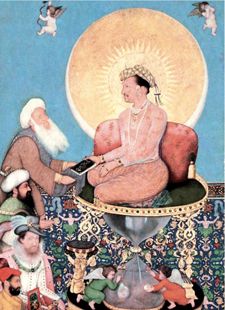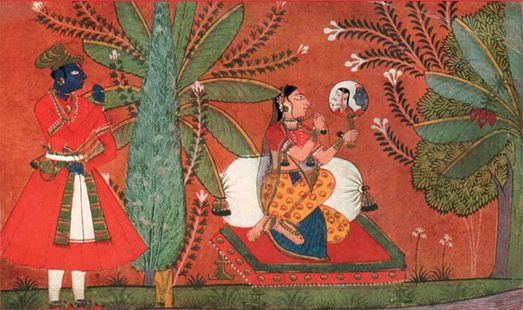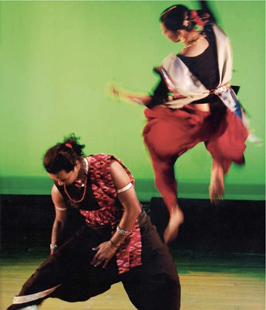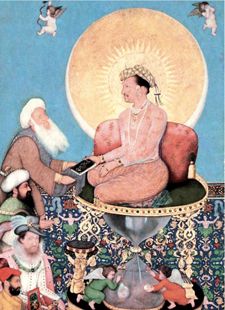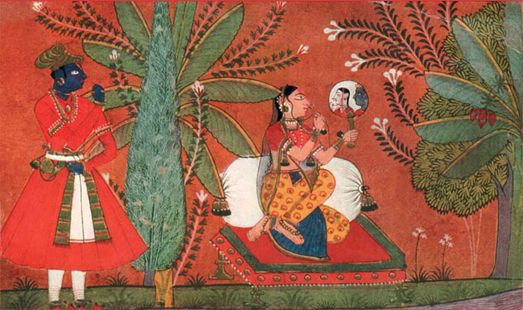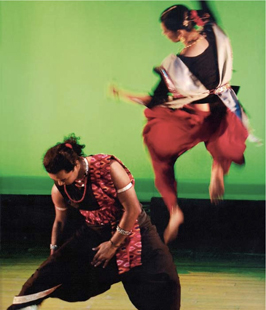Time Table for 1st yr M.A. Courses - Monsoon Semester 2025
Time Table for 2nd yr M.A. Courses - Monsoon Semester 2025
The School of Arts and Aesthetics offers post-graduate degree courses in the theoretical and critical study of cinema, and the visual and performing arts. It is one of the few places in India where these disciplines are offered in one integrated programme at the Masters level. The School's M.Phil programme offers a specialized focus in each of the three disciplines viz. Cinema Studies, Theatre and Performance Studies, and Art History and Visual Studies.
The study of the arts in recent years has been enriched by methods and insights from many fields, such as sociology, anthropology, linguistics, cultural studies, political science, economic history, semiotics and feminist studies. The School’s outlook has been formulated in response to new ways of thinking about culture using a wide array of critical and theoretical approaches. During the course of their studies, students are introduced to a range of research methods that combine archival, ethnographic, theoretical and cultural approaches and are encouraged to create theory-practice interface. The faculty also encourages students to visit museums, exhibitions, and monuments and to attend festivals of theatre, film, dance and music. The school frequently hosts interactive sessions with eminent scholars and practitioners from within the country as well as from overseas.
The Visual Studies courses address “high” art forms (the domain of the discipline of art history) as well as the larger visual field of popular culture and visual practices. The majority of visual studies courses encourage a critical engagement with aspects of Indian visual culture (including shastric and aesthetic theories of Indian art, ancient sculpture, medieval temple architecture, Mughal and Rajput painting, 19th and 20th century popular culture, modern and contemporary art in India and elsewhere) in the light of cutting-edge research and theoretical developments in art history, visual studies, history, literary theory, philosophy, aesthetics and sociology. Theoretically-oriented and cross-cultural courses take up issues such as the relationship between methods, materials and meanings in art, narrative strategies in art, and the history and politics of art institutions, particularly museums, in the creation of canons of art.
Theatre and Performance Studies offers a diverse spectrum of courses covering the history, theory and practice of theatre, dance, music and performance, both within India and across the world. Introductory courses are offered alongside a wide range of optional courses in music and dance. Covering a vast timeframe from ‘living traditions’ of rural performances in India and bhakti to the cutting-edge developments in political theatre, gender, globalization, and performance art, the Department is committed to studying theatre and performance both within established traditions of the stage, as well as in relation to the immediacies and contradictions of public culture at national and global levels.
The Cinema Studies course position the moving image as a force inhabiting a multi-media environment that includes film, television, video, and digital cultures. While film, as a powerful experience of 20th century modernity, continues to be an important scholarly focus, we also see it as a gateway to a broader field of the moving image complex. Our courses are structured to offer students exposure to a wide range of issues such as the sensory experience of moving image technologies; the stylistic and aesthetic dimension of diverse media forms; the political and cultural evaluation of audio-visual representations; and the infrastructures of media production, circulation, and exhibition. Students are encouraged to think conceptually and critically about global media cultures along with a special focus on India.
The School has a strong research profile that informs its teaching. Their innovative courses attract students from disciplines like art history, architecture, literature and the social sciences on the one hand and cinema and performance practitioners on the other hand who wish to engage with the theoretical and historical context of the arts. Its teaching fulfils research and employment needs within the wider domain of culture, media, Indian heritage and the arts.
